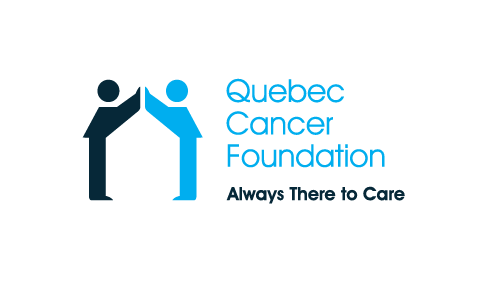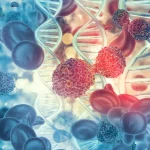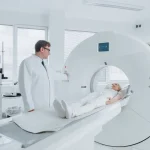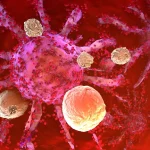Febrile neutropenia
Febrile neutropenia is the most common complication of chemotherapy.
In people with cancer, especially those receiving chemotherapy, the white blood cell count can be lowered considerably.
Neutrophils are part of the white blood cells produced by the bone marrow; they play an important role in preventing infections as they are the body’s first line of defense.
Neutropenia is an abnormally low level of neutrophils and increases the risk of infection. It most often occurs between 7 to 21 days after the last chemotherapy was administered; this period is called the nadir.
When neutropenia (low white blood cell count) is accompanied by fever and other signs of infection, it is known as febrile neutropenia, and is characterized by the following:
- Neutrophil count (number) <1000 (normal: between 3000 and 7000);
- Fever of 38.3°C or 38°C for an hour or more.
Common symptoms
- Increased body temperature (may be the only symptom).
- Chills and tremors.
- Mild hypotension.
- Sight confusion.
- Flu-like symptoms.
Useful hints for preventing febrile neutropenia
- Wash hands frequently. One good tip: always carry a small bottle of liquid hand sanitizer.
- Drink two to three liters of fluid per day, unless advised otherwise by the medical team.
- Do not eat the following foods: raw milk cheeses, sushi, raw meat, raw eggs and other foods that have stood at room temperature for a long time (e.g. buffets).
- Use a toothbrush with flexible bristles.
- Remove your dentures at night.
- Take a shower or bath every day.
- Avoid the use of suppositories, enemas or other invasive procedures.
- Avoid crowds and people who may be ill.
- Keep any wounds clean and dry.
- Handle cat or bird litter or birds with gloves.
WARNING!
Anyone receiving chemotherapy, must report to emergency if their body temperature is 38.3°C or 38°C for an hour. Do not take acetaminophen or anti-inflammatory medication, which could mask fever.
Importance of treating febrile neutropenia
Among the major side effects of chemotherapy, the most serious are febrile neutropenia and infection.
Untreated, febrile neutropenia can cause serious infections that may require hospitalization and even put the life of the patient in danger. The oncology team will verify the number of white blood cells prior to each chemotherapy cycle. If this number is too low, some chemotherapy treatments can be postponed for a few days. For others, treatment will be administered to alleviate neutropenia.
You should talk with the oncology team to learn about the risk of febrile neutropenia associated with the treatment you are about to receive.
(Source : Neutropénie fébrile : ce que les patients et les aidants doivent savoir)
Sources (French only):
- André, C. et C. Verslype. (2017). L’assiette pour se régaler pendant un traitement anti-cancer. Hachette Pratique, Collection L’assiette, 192 p.
- Guides de pratique d’évaluation à distance des symptômes pour les adultes suivant des traitements contre le cancer
- Neutropénie fébrile : ce que les patients et les aidants doivent savoir































